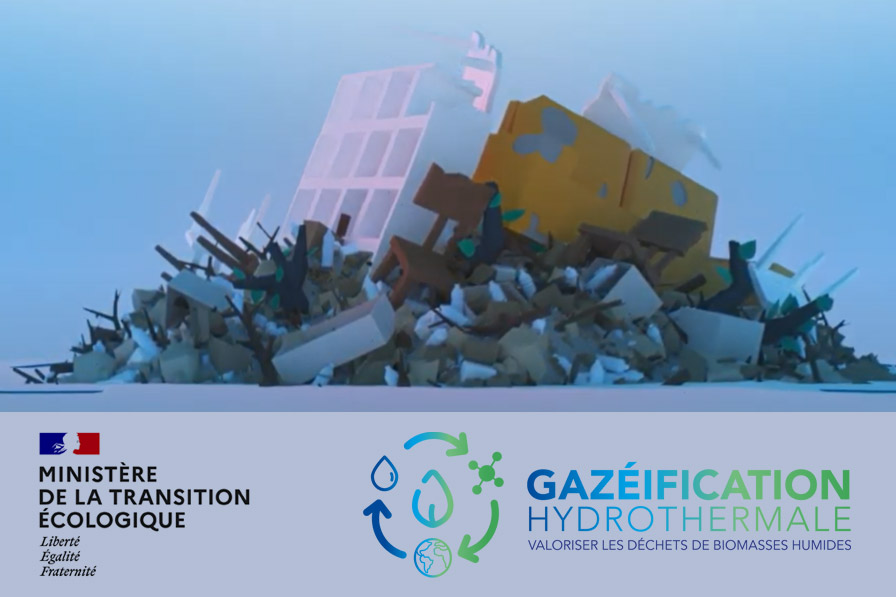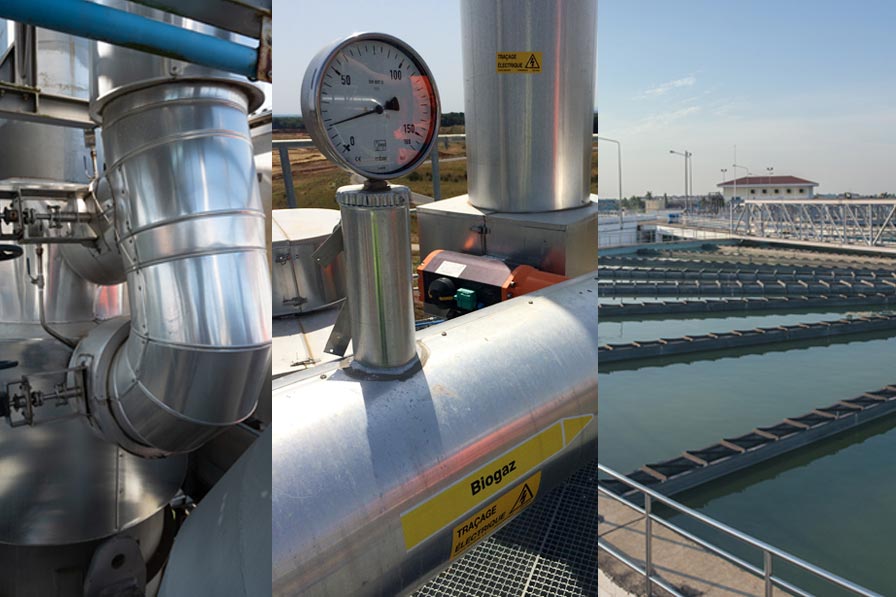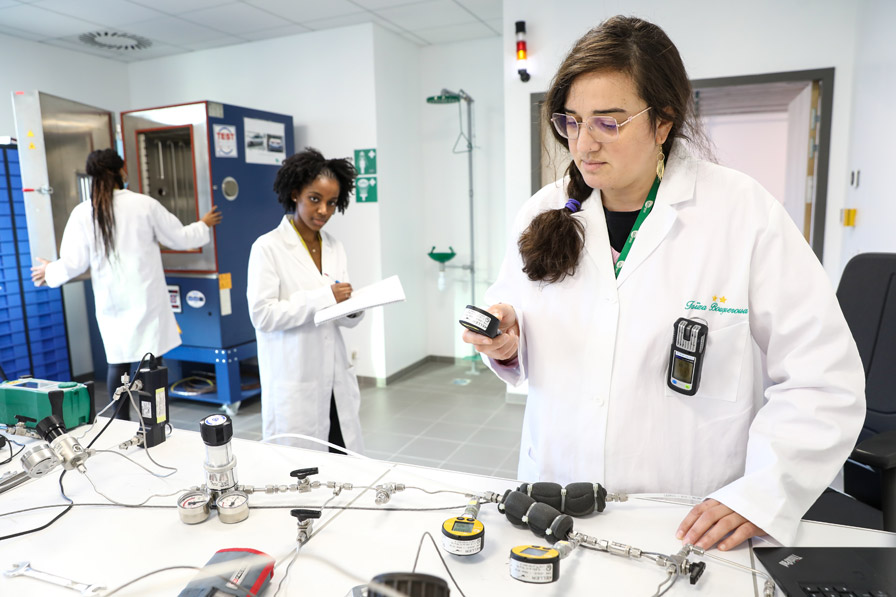Public consultation on France’s future Energy and Climate Strategy

In 2021, GRTgaz launched France's first national Working Group on Hydrothermal Gasification – a technology that recovers wet organic waste as renewable gas, and which currently has 40 multi-sector stakeholders.
As part of the public consultation on France’s future Energy and Climate Strategy organised by the Ministry of Ecological Transition, the national Hydrothermal Gasification Working Group released a “cahier d’acteurs” (stakeholders’ manual) on this technology, which you can find below.
By 2050, renewable and low-carbon gas production from wet organic waste by hydrothermal gasification is estimated to be at least 50 TWh:
“This virtuous energy has the capacity to make the country’s energy future more renewable, and to greatly improve the recovery of a significant volume of waste.”Robert Muhlke
GRTgaz Hydrothermal Gasification Project Director and head of the Hydrothermal Gasification Working Group (GT GH)
The national Hydrothermal Gasification Working Group brings together 40 stakeholders driven by a shared interest in the energy transition to support the regions. The group’s goal is to support the sector’s structuring and take part in setting out a national framework by 2024 to facilitate its successful rollout. More broadly, they want to contribute to the goals of the energy transition and the circular economy.
Hydrothermal Gasification is an innovative technology positioned alongside or upstream of the Anaerobic Digestion and Pyrogasification sectors, and in opposition to Incineration. It combines both the processing of wet organic waste and its conversion into renewable gas that can be injected into the gas networks. Other benefits include the recycling and recovery of metals, minerals, nitrogen and the water content of the initial inputs.
Robert Muhlke is on hand to give you any updates on this news and to answer your questions.

